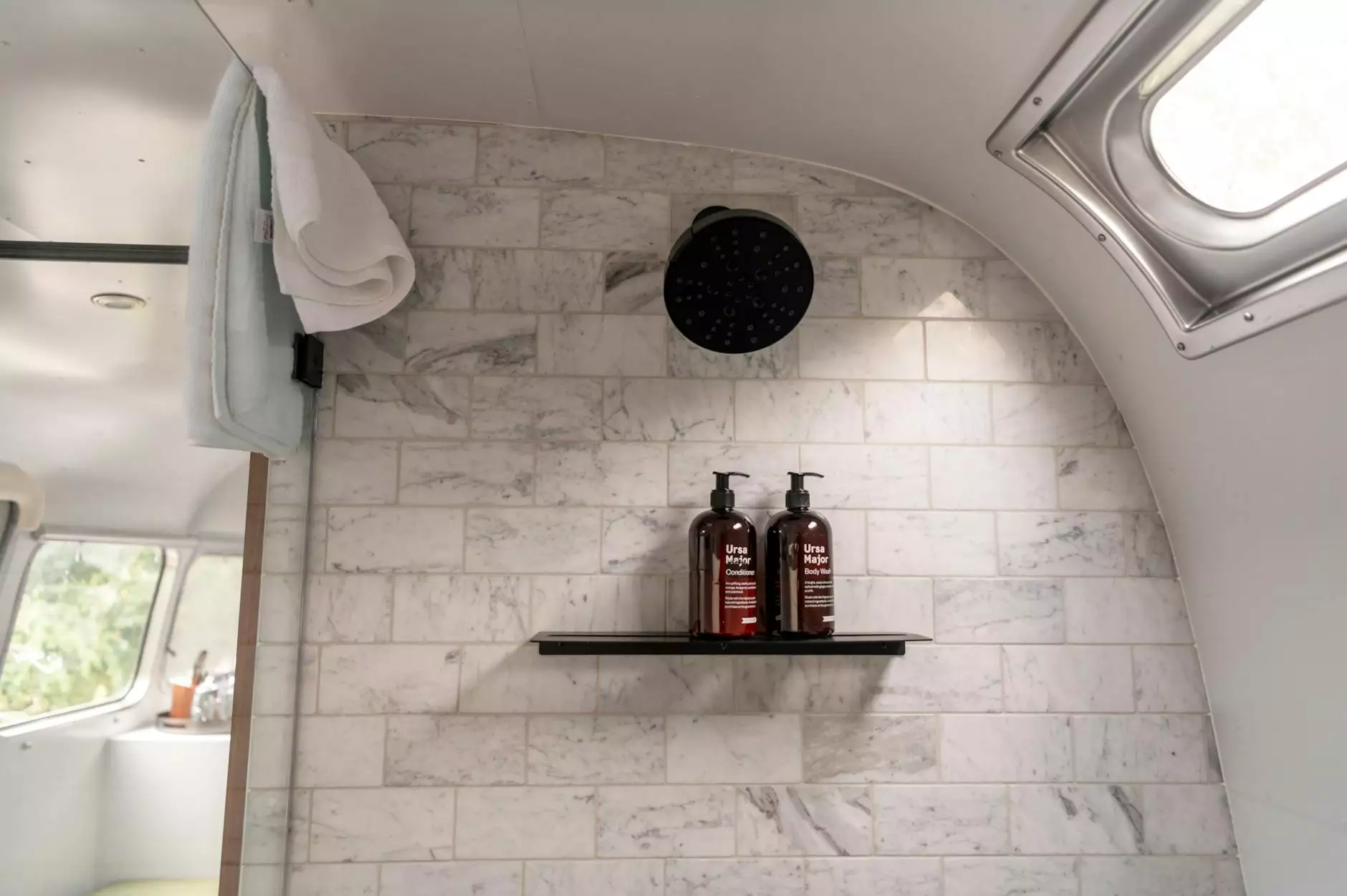Understanding the Role of MS Metals in Real Estate and Construction

The realm of construction and real estate has witnessed transformative growth over the years, with materials playing a pivotal role in shaping structures that define our cities. Among these materials, ms metals, or mild steel metals, stand out as a cornerstone of modern construction practices. This article delves into the significance of ms metals in the real estate sector, exploring their properties, advantages, applications, and how they can benefit contractors and builders alike.
What is MS Metals?
MS metals, often referred to as mild steel, is an alloy of iron with a low carbon content (typically less than 0.25%). This unique composition provides several benefits that make it an ideal choice for a variety of construction and industrial applications.
Properties of MS Metals
The properties of ms metals are integral to their versatility in construction. Some key characteristics include:
- Strength: Mild steel offers an excellent strength-to-weight ratio, making it ideal for structural applications.
- Ductility: MS metals can be easily shaped and molded, allowing for innovative design solutions in architecture.
- Weldability: The ability to be easily welded makes mild steel a preferred choice for builders looking for flexibility in construction.
- Cost-Effectiveness: Compared to other metals, ms metals are relatively inexpensive, making it a popular choice for contractors.
The Advantages of Using MS Metals in Construction
The advantages of utilizing ms metals extend beyond their physical properties. Here’s why these materials stand out in the world of construction:
1. Enhanced Structural Integrity
Structures built with ms metals are designed to withstand various stresses and strains. Their strength ensures that buildings remain stable and secure, which is essential for safety in both residential and commercial real estate.
2. Aesthetic Versatility
MS metals can be finished in various forms, including painted, polished, or galvanized, allowing architects and builders to achieve diverse finishes that appeal visually. This adaptability makes them suitable for both contemporary and traditional designs.
3. Sustainability and Recycling1
In an era of increasing environmental concern, one of the significant benefits of ms metals is their recyclability. Mild steel can be recycled multiple times without losing integrity, aligning with sustainable building practices which are increasingly becoming a standard in the industry.
4. Ease of Transportation and Installation
The relative lightness of ms metals makes transportation simpler and installation more straightforward. This aspect translates into reduced labor costs and expedited project completion times, which are paramount for contractors focused on meeting deadlines.
Applications of MS Metals in Real Estate
In the realm of real estate, ms metals serve a multitude of purposes across various stages of a construction project:
1. Structural Frameworks
One of the primary uses of ms metals is in structural applications. Beams, columns, and trusses made from mild steel provide the main support for buildings, ensuring they can bear loads efficiently.
2. Reinforcement in Concrete Construction
Mild steel bars, commonly known as rebar, are crucial for reinforcing concrete. The combination of concrete’s compressive strength and steel’s tensile strength creates durable and resilient structures.
3. Exterior and Interior Design Elements
Architects often employ ms metals in railings, roofs, and decorative elements. The aesthetic appeal of metals paired with their strength enhances both the functionality and beauty of spaces.
4. Machinery and Equipment
In addition to structural components, ms metals are also employed in the manufacturing of machinery and construction equipment. Their durability allows for long-lasting tools that endure rigorous use on construction sites.
Choosing the Right MS Metals for Your Project
When selecting ms metals for a construction project, contractors must consider various factors to ensure they are making the best choice:
1. Project Requirements
Understanding the specific requirements of your project will dictate the type of ms metals needed. For instance, high-stress environments may require higher grades of mild steel.
2. Supplier Quality
Working with reputable suppliers is key. Choose suppliers who provide high-quality ms metals that adhere to industry standards to ensure safety and longevity in your construction.
3. Budget Constraints
While ms metals are generally cost-effective, it’s crucial to balance quality with budget considerations. Seek quotes from multiple suppliers and weigh the costs against the quality of materials offered.
4. Local Regulations
Ensure compliance with local building codes and regulations concerning the use of ms metals in construction. Awareness of these stipulations can prevent costly delays and complications during the construction process.
Future Trends in the Use of MS Metals
The construction industry is continuously evolving, and the future of ms metals in this space is influenced by several emerging trends:
1. Advanced Coating Technologies
Innovations in coating technologies will enhance the corrosion resistance of ms metals, prolonging their lifespan and reducing maintenance costs for construction projects.
2. Integration with Smart Technologies
As the construction industry adopts smart building technologies, ms metals may become integrated with sensors and IoT devices to monitor the structural health of buildings in real-time.
3. Increased Focus on Sustainability
With the pressing demand for sustainable building practices, the recycling of ms metals will play a significant role. Incorporating recycled metals into construction will become a standard practice.
4. Hybrid Construction Materials
The future may also see the development of hybrid materials that combine ms metals with other sources, enhancing strength, reducing weight, and improving overall building performance.
Conclusion
The role of ms metals in the construction and real estate sectors cannot be overstated. From their superior strength and structural integrity to their aesthetic appeal, mild steel metals provide unparalleled benefits to contractors, builders, and property developers alike. As the industry progresses, the adoption of this versatile material will continue to rise, making it a staple in innovative and sustainable construction practices.
For contractors and real estate professionals looking to enhance their projects, investing in high-quality ms metals is essential. By understanding their properties and applications, you can ensure that your constructions stand the test of time, provide safety, and contribute to an evolving landscape of sustainable building practices.
For more insights into real estate and contracting, visit albandarpht.com.









